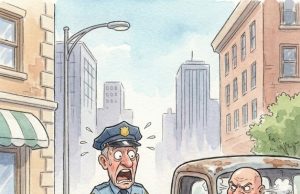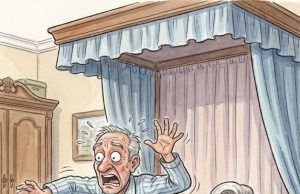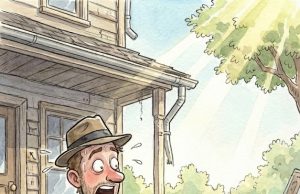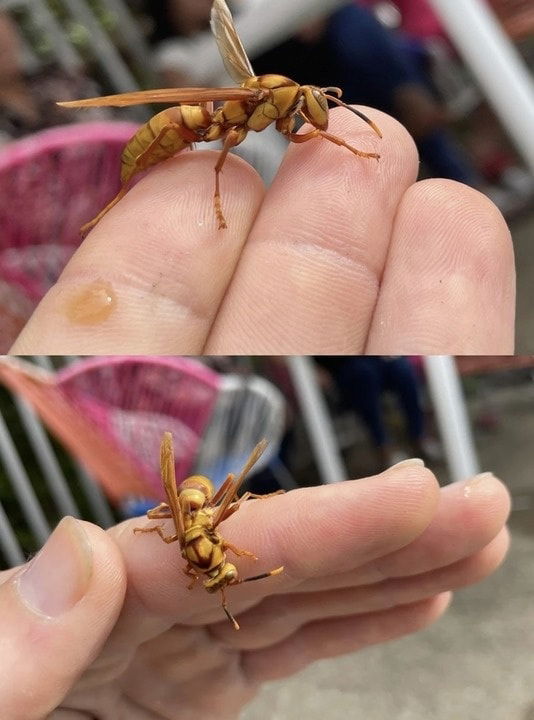
When a wasp stings, it injects venom into the skin, which causes pain, redness, and swelling. Wasps, unlike bees, have smooth stingers that do not separate, allowing them to strike again. The first action after getting stung is to remain cool and walk away from the area to avoid more stings. Panic might increase the likelihood of further stings and exacerbate the condition.
Immediate Actions: Removing the Stinger and Cleaning the Area
Although wasps seldom leave stingers behind, if you feel there is any residue, carefully scrape it off with a fingernail or credit card. Avoid using tweezers because they may inject additional venom into the skin. After removing the wasp stinger, properly clean the area with soap and water to avoid infection. Keeping the region clean is critical in reducing problems.
Reducing Pain and Swelling: Home Remedies That Work
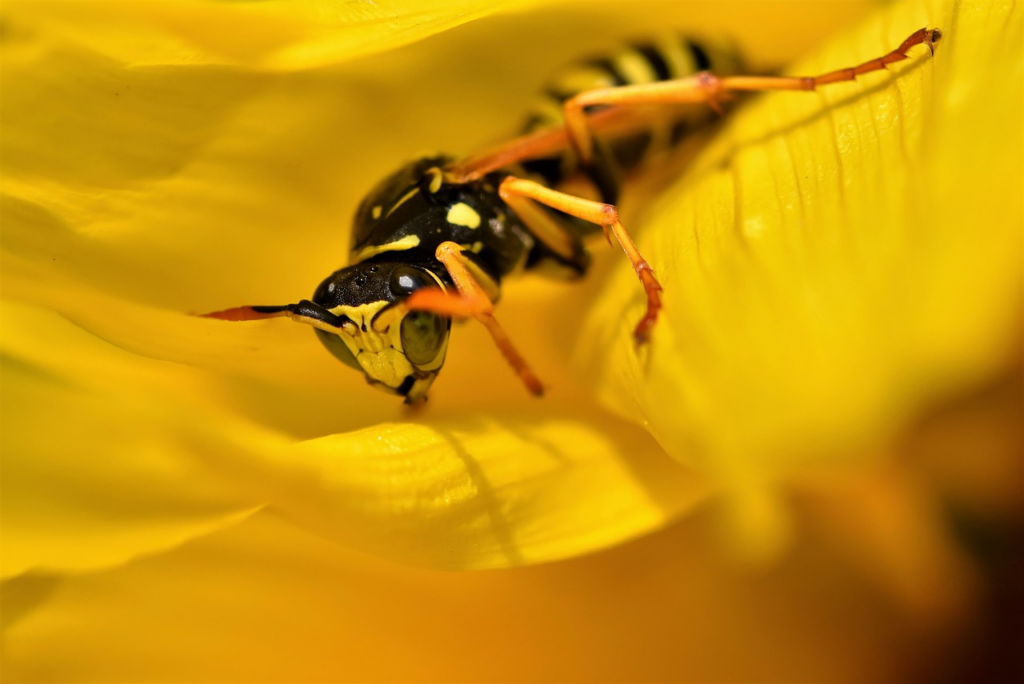
After cleansing the sting, use a cold pack or a bag of frozen peas wrapped in a towel on the afflicted region. This helps to minimize swelling and dull the discomfort. Over-the-counter pain medications such as ibuprofen can also be used to alleviate symptoms. Applying hydrocortisone cream or calamine lotion can help relieve itching and discomfort. If swelling or redness worsens, consider taking an antihistamine such as Benadryl.
Allergic Reactions: Know the Signs and When to Act.
Most people suffer very minor symptoms following a wasp sting, such as localized discomfort and swelling. Some people may experience an allergic response, resulting in symptoms such as severe swelling, trouble breathing, hives, or a fast pulse. If these symptoms appear, get medical assistance immediately since they may suggest anaphylaxis, a potentially fatal disease.
Home Remedies: Vinegar and Other Natural Solutions
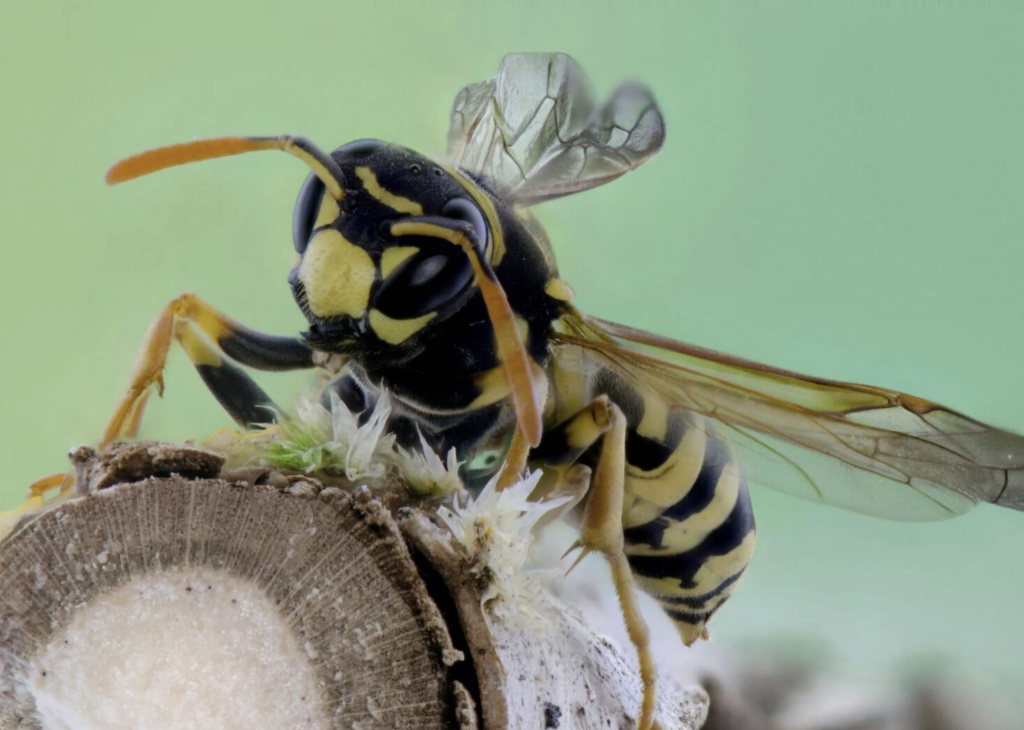
Vinegar, particularly apple cider or white vinegar, can be used to neutralize the alkaline nature of the venom. Soak a cotton ball in vinegar and apply it to the sting for a few minutes to relieve pain and inflammation. While not a cure-all, this therapy can help alleviate the agony produced by the wasp sting.
When To Seek Medical Attention: Recognizing Severe Reactions
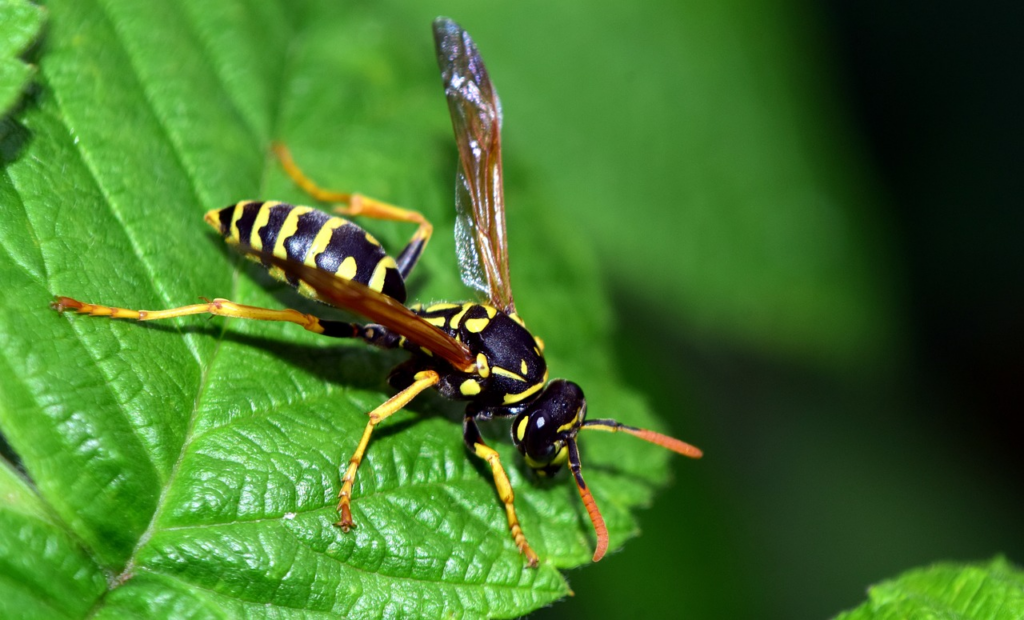
If you have severe symptoms such trouble breathing, disorientation, or swelling of the face and neck, you should seek immediate medical attention. Anaphylaxis can develop quickly and need prompt treatment, usually with an epinephrine injection (EpiPen). Even if your symptoms appear to be improving, you should consult a doctor.
Preventing Future Stings: Tips to Stay Safe
To avoid further wasp stings, exercise caution when outdoors. Avoid wearing bright colors or strong scents, since these might attract wasps. Keep food and drinks covered, particularly sweet products that attract wasps. If you notice a wasp nest near your house, call a professional to remove it securely. Prevention is essential for lowering the danger of stings and the related discomfort.










